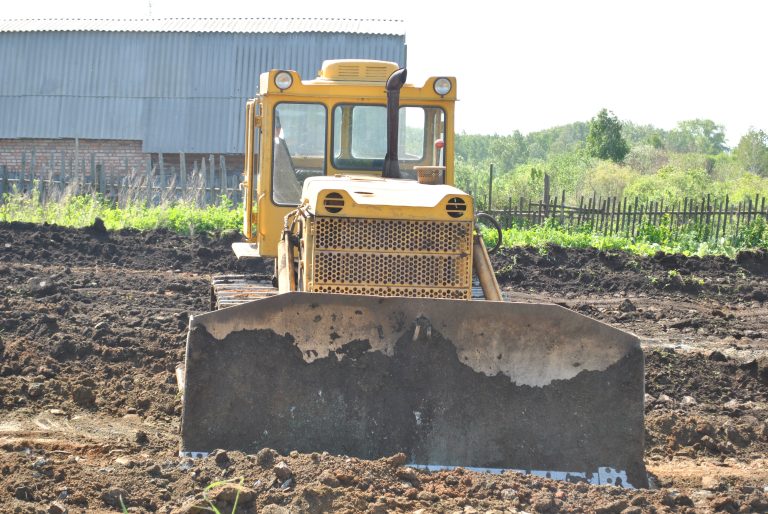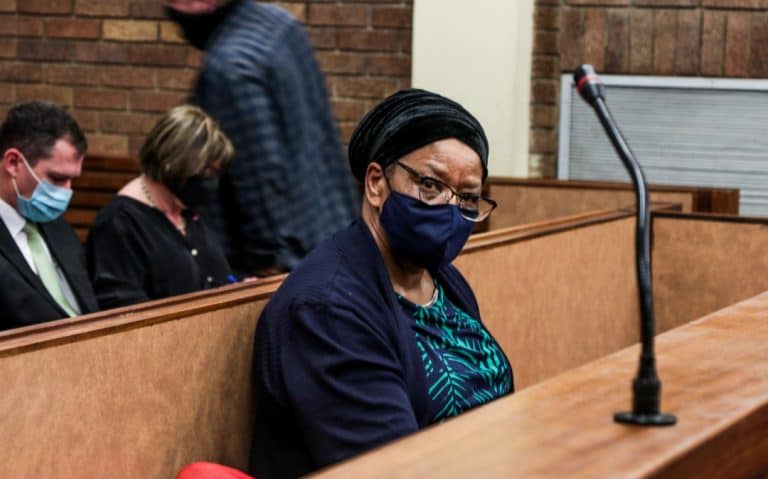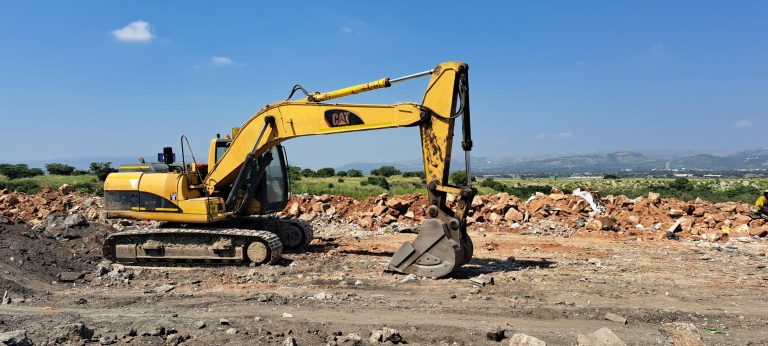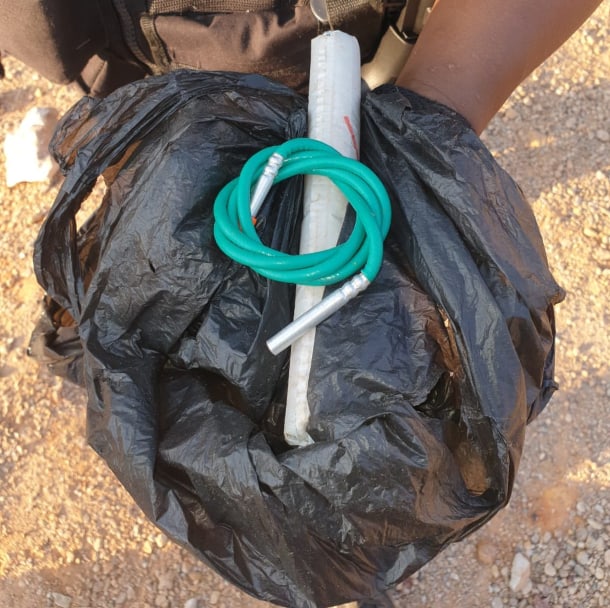Tshwane Metro’s city cleansing levy is double taxation – AfriForum
The Tshwane Metropolitan Municipality’s council yesterday approved the planned city cleaning levy of approximately R200 per month. AfriForum condemns the Metro’s decision to push this levy through despite its possible illegality and strong opposition from various quarters. This levy will apply to all properties that do not currently use the municipal refuse collection service.
According to AfriForum, property owners who have already renounced the municipal refuse removal service due to poor service delivery are now being targeted with this levy.
“These individuals have chosen to instead make use of private refuse removal services precisely because the Tshwane Metro’s service delivery is questionable, now they are expected to continue paying for something from which they will not benefit,” says Arno Roodt, AfriForum’s District Coordinator for Greater Pretoria South.
Roodt adds that it is regrettable that the Metro does not welcome or encourage public participation. “AfriForum has already sent two letters to the municipality requesting more information about this levy, providing other suggestions to supplement their budget and also pointing out the possible illegality of the levy. After many attempts to engage with the municipality, we have been forced to instruct our lawyers to file further opposition to the levy.”
The organisation, through its legal team, made it clear to the Tshwane Metro that the Constitution requires municipalities to promote the social and economic development of communities in their budget processes. However, this is not the case with the proposed implementation of this levy.
According to Deidré Steffens, advisor for Local Government Affairs at AfriForum, this levy would amount to double taxation. “A service that does not generate revenue, such as a cleaning levy, is usually financed by property taxes. Therefore, the Metro’s justification for this levy is not acceptable.”
“Although the municipality has the power to levy taxes and tariffs to supplement or secure their revenue, there are still certain measures in place to protect consumers,” adds Steffens.
Section 74(2) of the Municipal Systems Act stipulates principles on tariff policy and states that tariffs must reflect the costs reasonably associated with the provision of the service, and users must be charged in proportion to their use of that service. However, the proposed city cleansing levy appears to contradict this principle, as it is a fixed charge per property rather than a usage-based fee.
AfriForum has already consulted with their legal team about the next steps that need to be taken to have this council decision reviewed and set aside.











